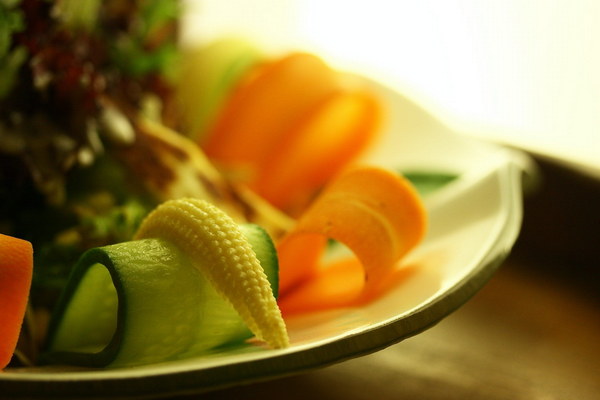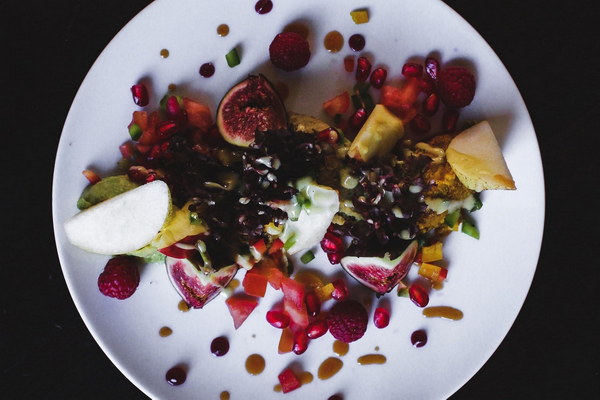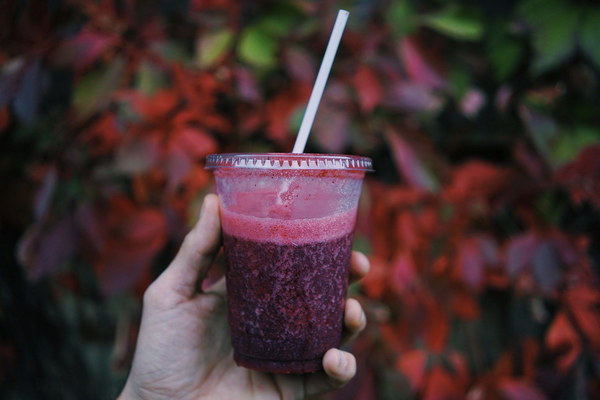Natural Remedies and Dietary Tips for Febrile Infants A Guide to Safe and Effective Home Care
Introduction:
Febrile infants can be a source of concern for parents, as the fever may indicate an underlying infection or illness. While medical treatment is often necessary, dietary adjustments can also play a significant role in supporting the baby's recovery. This article provides natural remedies and dietary tips to help manage fever in infants, ensuring they receive the necessary nutrients and hydration during their illness.
1. Importance of Hydration:
One of the most crucial aspects of managing a fever in infants is maintaining adequate hydration. Fever increases the body's temperature and can lead to excessive fluid loss. Here are some hydration tips for febrile infants:
a. Offer breast milk or formula: Breast milk or formula is the best source of hydration for infants. Continue to feed your baby as per their normal routine, ensuring they receive enough fluids.

b. Small, frequent feedings: Instead of feeding your baby in large quantities, offer smaller, more frequent feedings to prevent discomfort and ensure they drink enough fluids.
c. Encourage drinking: If your baby is over six months old, you can offer water or electrolyte-replenishing drinks like Pedialyte. Encourage them to sip on these fluids throughout the day.
2. Cool Foods and Beverages:
Febrile infants may have difficulty tolerating certain foods and beverages due to their increased body temperature. Opt for cool and soothing options to help them feel more comfortable:
a. Breast milk or formula: Keep the milk or formula cool, but not icy, to help soothe the baby's throat.
b. Popsicles: Offer popsicles made from breast milk or formula for added hydration and cooling relief.
c. Cold water: Encourage your baby to sip on cold water or other cool beverages throughout the day.
3. Gentle Foods:
Febrile infants may have a decreased appetite or difficulty swallowing. Opt for gentle and easy-to-digest foods that won't overwhelm their stomach:
a. Mashed bananas: Bananas are a nutritious and gentle option that can be easily mashed and offered to infants.
b. Mashed avocado: Avocado is rich in healthy fats and can be mashed to provide a soft and nutritious food option for febrile infants.
c. Boiled vegetables: Boiled vegetables like carrots, green beans, or sweet potatoes can be mashed and offered to infants as a nutritious and gentle food choice.
4. Foods to Avoid:
Certain foods can exacerbate fever symptoms in infants. It's best to avoid the following during their illness:
a. Highly spicy or acidic foods: These foods can irritate the baby's throat and stomach.
b. Excessive sugar: High sugar content can lead to dehydration and may worsen fever symptoms.
c. Foods high in fat: High-fat foods can be difficult to digest and may cause discomfort for febrile infants.
5. Natural Remedies:
In addition to dietary adjustments, natural remedies can help alleviate fever symptoms and support the baby's recovery:
a. Garlic: Garlic has natural antibacterial and antiviral properties. You can gently crush a clove of garlic and mix it with breast milk or formula for your baby to consume.
b. Turmeric: Turmeric has anti-inflammatory properties and can be added to breast milk or formula for its potential benefits.
c. Peppermint tea: Peppermint tea can help soothe the throat and reduce fever symptoms. Ensure the tea is cooled and offered to the baby in small amounts.
Conclusion:
Febrile infants require special care and attention to ensure their comfort and recovery. By maintaining adequate hydration, offering cool foods and beverages, and avoiding certain foods, parents can support their baby's recovery from fever. Additionally, incorporating natural remedies can provide additional relief. Remember to consult with a healthcare professional for personalized advice and treatment recommendations for your baby's specific needs.









